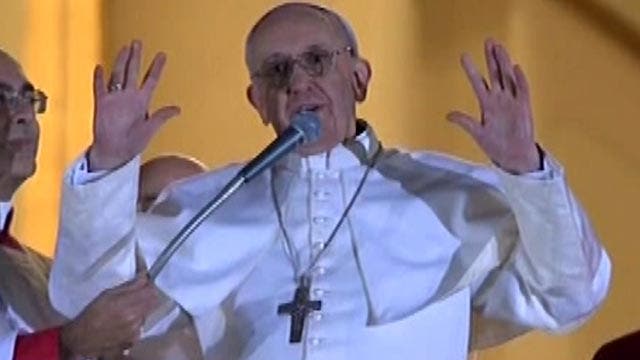There are an estimated 2 billion Christians in the world led by a variety of religious leaders from Patriarchs to Metropolitans, and for many Protestant denominations, the World Council of Churches. Yet for World Jewry, there is but one Christian leader who has counted the most: The pope.
In the tumultuous 20th Century what popes said and did not say to and about Jews impacted directly on the destiny of the Jewish people.
In 1904, Theodor Herzl, the founder of modern Zionism asked Pope Pius X to endorse the Jewish people’s return to the Holy Land. “We are unable to favor this movement. We cannot prevent the Jews from going to Jerusalem but we could never sanctionit”, the Pontiff replied.
In the 1930s, as the horrors of Nazism began to unfold, Pius XI increasingly denounced its racist ideology and anti-Semitism: In 1937, his encyclical "Mit brennender Sorge" condemned the Nazi ideology of racism and totalitarianism and before his death in 1938, Pius XI said this:
“Mark well that in the Catholic Mass, Abraham is our Patriarch and forefather. Anti-Semitism is incompatible with the lofty thought which that fact expresses. It is a movement with which we Christians can have nothing to do. No, no, I say to you it is impossible for a Christian to take part in anti-Semitism. It is inadmissible. Through Christ and in Christ we are the spiritual progeny of Abraham. Spiritually, we [Christians] are all Semites.”
The pope’s words were not carried by the Vatican’s official Osservatore Romano newspaper or Vatican radio, and largely fell on deaf ears across Europe. His controversial successor, Pius XII never made such explicit condemnations during the Nazi Holocaust, when 6 million European Jews were being massacred.
After World WWII, Pope John XXIII, in word and deed, removed demonizing and denigrating language about Jews in the Catholic liturgy and through Vatican II unleashed the forces of reconciliation between the Church and world Jewry.
That legacy was dramatically accelerated by Pope John Paul II, the first pontiff to enter Rome’s Synagogue, to pray for Jewish victims at Auschwitz, to put a prayer kvittel in the cracks of the Western Wall and ultimately to establish full diplomatic relations with the Jewish state.
It was my honor to meet His Holiness twice at the Vatican, the second time as part of a small Simon Wiesenthal Center delegation that came to tell the dying ope these words: “Thank you and G-d Bless.”
During our later meeting with his successor Benedict XVI, who continued the friendship with the Jewish people established by predecessor, we all expressed concerns about many of the same issues, especially terrorism inspired by and justified in the name of religion.
Pope Francis ascends the Throne of St Peter at a time of great challenges for him and Catholics the world over.
As for the Jewish people, we are currently witnessing a resurgent anti-Semitism across Europe, the demonization of our faith by Islamist extremists and calls by some Christians to condemn the Jewish State as a theological sin.
We look for a leader who understands the special relationship between our faiths. As Archbishop of Buenos Aires, he visited two synagogues and led Kristallnacht commemorations last November at the Buenos Aires Cathedral.
We look forward to meeting the new pontiff where one of the issues we will raise is our solidarity with some 200 million endangered Christians from Nigeria, to Egypt, Iran, and Pakistan.
We join with all people of faith in praying for Pope Francis’ success.

